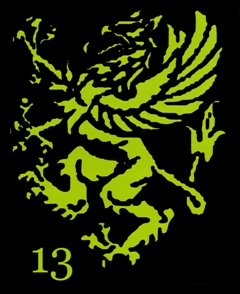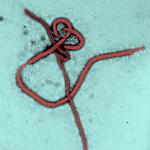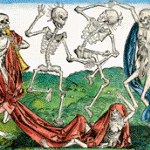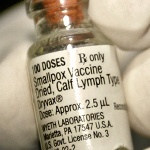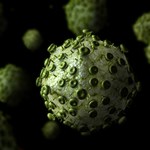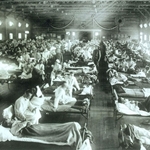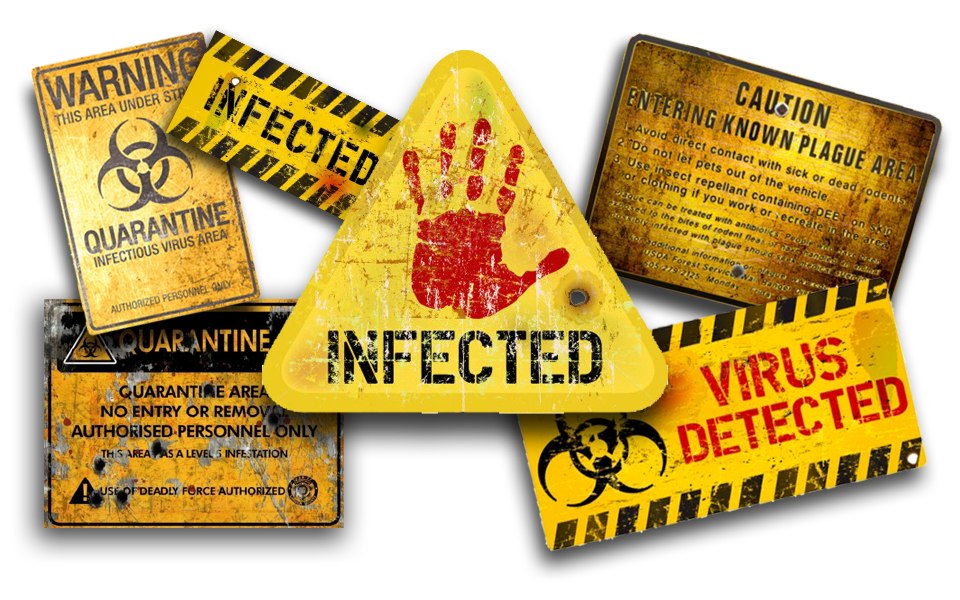
Infectious diseases are disorders caused by organisms such as bacteria, viruses, fungi or parasites. Infectious diseases kill more people worldwide than any other single cause. Some infectious diseases can be passed from one person to another, while others are transmitted by bites from insects or animals. And some are acquired by ingesting contaminated food or water or being exposed to organisms in the environment.
The history of the world is tangled with the impact that infectious diseases have had on it's populations. Skeletons in Israel have been tested and shown that tuberculosis is at least 9,000 years old. Evidence of smallpox has been found in 3000 year old Egyptian mummies. When Hannibal marched across the Alps his troops fought cholera, as well as Rome. Emerging infectious diseases like ebola, HIV/Aids and influenza A.(H5N1) demonstrate that diseases will continue to have a major impact.
Some of the most deadliest infectious diseases in the world can be examined in the links below.
